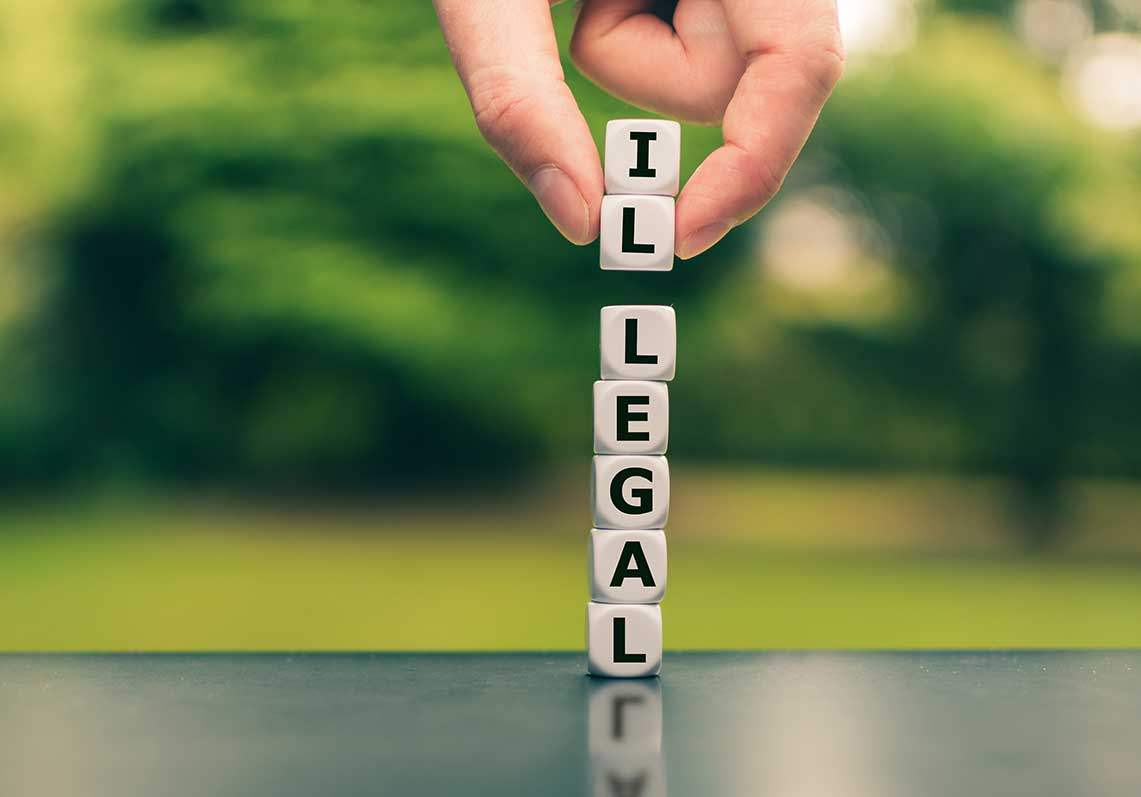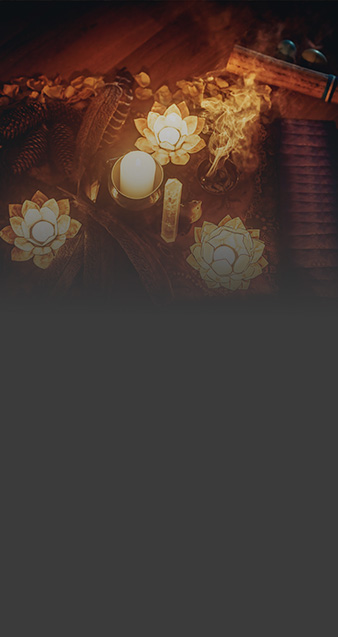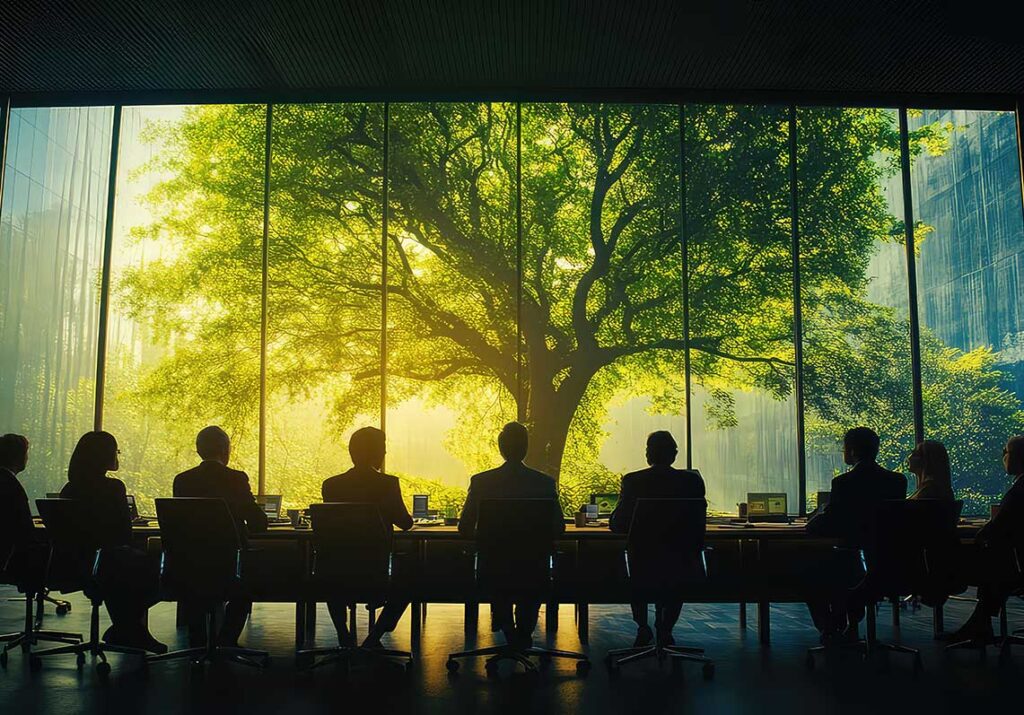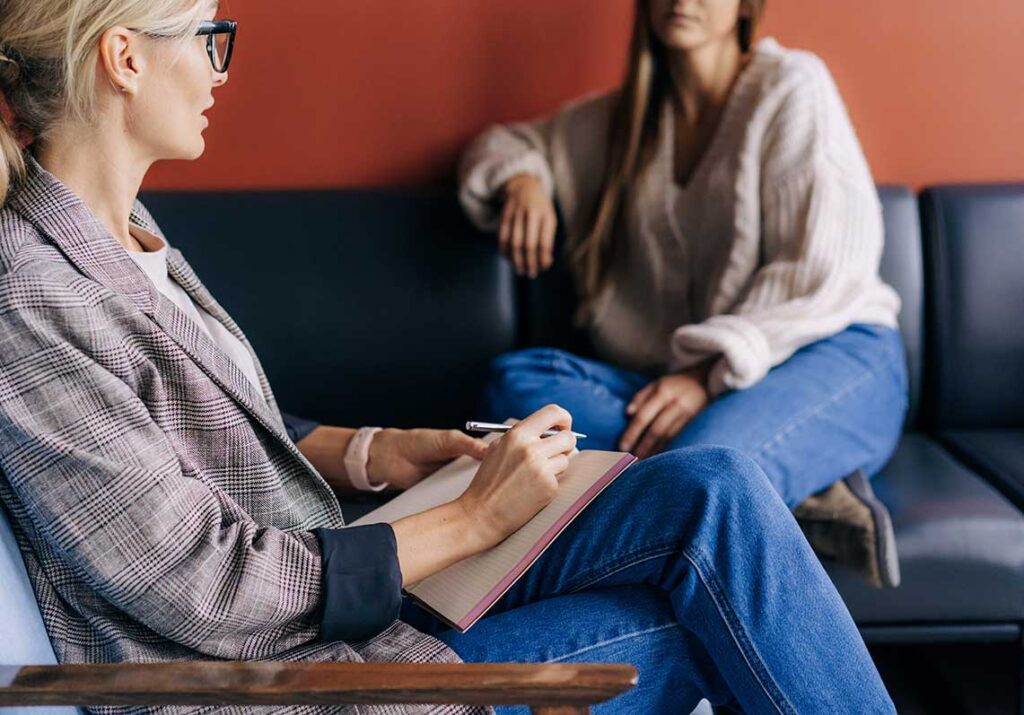It’s fair to say that we’re entering a new era of psychedelics. Demand is higher, with as many as 3.1% of Americans admitting to taking psilocybin, and most of those consuming microdoses. (1)
We’ve also seen many exciting clinical trials into the benefits of plant medicines in treating the symptoms of depression, post-traumatic stress disorder, alcohol use disorders, and anxiety disorders, all of which are possible thanks to increasingly relaxed laws governing research into these substances. (2)(3)(4)(5)(6)
Despite these advancements, the laws haven’t fully caught up. Psychedelics like psilocybin and LSD are still classed as Schedule I substances in the United States, and they are also illegal in most other countries.
In this guide, we’ll discuss how psychedelic practitioners can navigate the problematic and ever-changing legal landscape while discussing decriminalization and ethical considerations.
Key Definitions: Decriminalization vs. Legalization
It’s often mistakenly assumed that psychedelics are legal in certain cities or states, and this is largely down to a rise in decriminalization laws. However, decriminalization and legalization are not the same thing.
If a substance is decriminalized, it means that the penalties for possessing small amounts have been reduced or removed completely. However, there may still be substantial penalties for those caught manufacturing, selling, or transporting.
Legalization grants citizens the freedom to use the substance, and the laws concerning its manufacture, sale, and transport are also relaxed. There are limits, though, and rules still apply. After all, alcohol is legal in the United States, but you need to be over 21 to buy it in most states and sellers must acquire a liquor license.
Take Colorado as an example. It is widely considered to have some of the most liberal laws concerning decriminalization. It has severely reduced criminal penalties for the possession and personal use of psilocybin mushrooms, allows cultivation for some personal and research purposes, and supports ongoing studies.(7)
However, there have still been numerous arrests and serious charges against individuals caught supplying psilocybin mushrooms, including an arrest of a suspect caught supplying mushrooms to middle school students and another case where two teenagers were arrested for selling psilocybin chocolate bars. (8)(9)
It should go without saying that the decriminalization of possession doesn’t equate to complete legalization, and it definitely doesn’t grant individuals the right to manufacture or supply, nor does it mean they can hide behind these laws and claim a large stockpile is for personal use. The laws might be relaxed compared to other states, but authorities still adopt a very hard line when it comes to manufacture, sale, and transport.
Where Are Psychedelics Decriminalized? (US and Global Snapshot)
Various US states have decriminalized possession of psychedelics and/or provided exemptions for research purposes. These substances are still illegal under federal law, though: (10).
- California—Berkeley, Oakland, Santa Cruz, Arcata, San Francisco, Eureka
- Colorado
- Washington D.C.
- New Mexico
- Maine—Portland
- Massachusetts—Somerville, Easthampton, Northampton, Amherst, Salem, Medford, Provincetown.
- Michigan—Ferndale, Washtenaw County, Detroit, Hazel Park, Ann Arbor, Ypsilanti
- Minnesota—Minneapolis
- Washington—Seattle, Port Townsend, Jefferson County, Olympia, Tacoma
These laws are constantly changing, and psychedelic practitioners should do what they can to stay on top of these changes and fully understand the legal situation. Typically, changes sway toward decriminalization or legalization, but that’s not always the case. In 2020, the state of Oregon passed a measure to decriminalize possession of all drugs, including highly addictive and dangerous substances, but they essentially repealed that law four years later, making possession a misdemeanor again. (11)
Outside of the United States, psychedelics are decriminalized in parts of Europe, including Spain, Switzerland, and the Netherlands, and in Portugal, all drugs have been decriminalized since 2001. (12)
Where Are Psychedelics Fully Legal (or Mostly)?
As noted above, decriminalization is not the same as legalization, and even if you only intend on using small amounts, it poses one big issue: if manufacture and sale are still illegal, getting your hands on the substance could prove tricky.
There are some areas where you can legally purchase psychedelics, though. As noted in our guide to psilocybin truffles vs psilocybin mushrooms, truffles are legal and freely available in the Netherlands. They are less potent than mushrooms, but contain the same active ingredients.
Psilocybin use is legal in Brazil, Jamaica, Nepal, Austria, the Bahamas, and the British Virgin Islands; ibogaine is legal in Australia, New Zealand, Finland, and Uruguay, with Brazil offering it via prescription and the Netherlands, Mexico, Germany, and Gabon not outlining any specific rules. (13)(14)
Ayahuasca, a brew that contains DMT, is legal in Peru and Brazil under religious exemptions, and these exemptions also apply to the Uniao do Vegetal and Santo Daime in the US. (15) (16)(17)
What’s the Deal with Spores and Grow Kits?
Mushroom spore kits, which can be used to grow psilocybin mushrooms, are legal in most states. On the surface, it doesn’t make sense, but this loophole exists because spores don’t contain any of the active compound psilocybin, and it’s that compound that is restricted under federal law.
There are exceptions to this rule, though. Spores are illegal in California, Georgia, and Idaho, and as psilocybin mushroom cultivation is illegal in most states, germinating the spores is against the law. (18)(19)
To learn more about growing mushrooms at home, check out the Mushroom Grow Kit & Course at The Third Wave.
What Can Coaches and Practitioners Legally Do?
Coaches shouldn’t encourage illegal activities and must ensure they are operating within the law.
In areas where psychedelics are legal or decriminalized, they can educate and prepare the client while helping with integration and safe self-administration. They cannot, however, source psychedelics on behalf of the client or supply them with the substance used during their experience.
In areas where psychedelics are strictly prohibited, coaches can legally prepare and integrate the client for the purposes of harm reduction or if psychedelic use is legal in the client’s location. This is also true for remote integration, provided the experience occurs in a legal jurisdiction.
Practitioners can work with clients in retreats where psychedelics are consumed safely and legally, such as in countries like the Netherlands, Brazil, Peru, and Jamaica.
What About Research Chemicals?
Research chemicals exist in a grey area, as many have not yet been classified. These compounds mimic traditional psychedelics and produce similar effects. However, distributing them still carries significant risk, and while there are some research chemicals without legal classification, many fall under the same rulings as the compounds they mimic.
Read our guide to research chemicals to learn more.
How to Stay Informed
With laws constantly changing and many resources showing outdated information, it’s hard to keep track of legality and to understand where you stand as a practitioner.
There are a few resources that can help, though.
- This legal map from Psychedelic Alpha shows current legality around the world.
- Episode 158 of The Psychedelic Podcast provides an official rundown of the current state of affairs.
- The Third Wave’s Blog has numerous guides and articles.
- Students at the Psychedelic Coaching Institute can learn all about the current legal status of psychedelics in the US and abroad.
Final Thoughts: Navigating with Integrity
The future is bright for the psychedelic community, but the legal landscape is still very murky. That could change in the future, but in the meantime, psychedelic practitioners should stay up-to-date and inform their clients to the best of their knowledge.
Practitioners must always lead with integrity and humility, remembering that they are not a supplier or shaman, and acting purely as trusted legal guides.
To learn more about psychedelic coaching and equip yourself with the legal and ethical knowledge needed to navigate this sector, become a certified psychedelic practitioner with the Psychedelic Coaching Institute.






